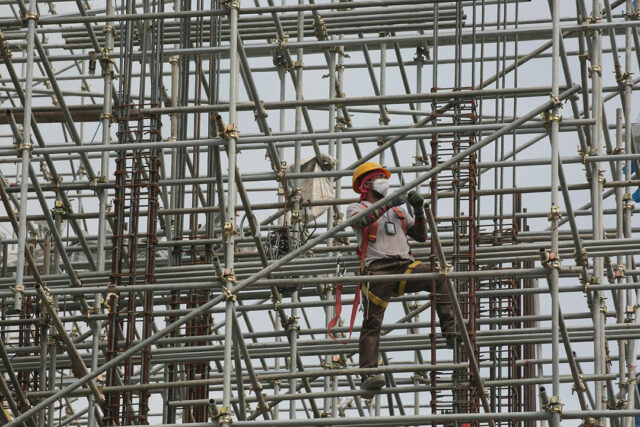BoI approves P924-M desiccated coconut project
THE Board of Investments (BoI) has approved an application to register for incentives Consolidated Coconut Corp.’s desiccated coconut project in Misamis Oriental worth P924 million, which is expected to generate export income.
In a statement on Tuesday, the BoI said that the company’s project will be located in Plaridel, Misamis Oriental, and will begin commercial operations in September. The facility has an annual capacity of 93,750 metric tons (MT) of desiccated coconut.
“The firm will engage in the production and export of high-quality food-grade desiccated coconut. Further, the target markets for the product to be exported are North and South America, Europe, China, Asia, Australia, and the Middle East,” the BoI said.
“We are making headway in sustaining Philippine exports, particularly desiccated coconut, with the approval of the project by Consolidated Coconut Corp. We are truly seizing the opportunity, as the Philippines is the top producer of such products globally,” BoI Managing Head Ceferino S. Rodolfo said.
The BoI said that the first five years of the project’s commercial operations and construction will generate 475 jobs. The project will utilize raw materials, specifically dehusked coconuts from Misamis Oriental and nearby provinces.
The company will be importing paring machines, dryers, and laboratory equipment worth P430 million from Sri Lanka, India, and Singapore, respectively.
“The project exploits the country’s competitive advantage in manufacturing and exporting desiccated coconut. Based on the Philippine Coconut Farmers and Industry Roadmap (2021-2040), the Philippines is the world’s largest exporter of desiccated coconut and has the greatest ability to compete in the global market,” the BoI said.
According to the BoI, the Philippines has the largest land area planted to coconut and the second-largest coconut output in the world, accounting for 23.4% of global production.
It added that the project will support one of the goals of the Coconut Farmers and Industry Development Plan, which is to promote integrated processing systems to optimize use of the produce.
“In 2020, the total volume of desiccated coconut exported in the world (was) 438,052 MT. The Philippines sits at the top with 147,000 MT of desiccated coconut exported, representing 33.56% of the world exports, and the country’s top export destinations of desiccated coconut are the US, Netherlands, Australia, the UK, and Russia,” the BoI said.
“Coconut is the second largest crop in the country in terms of area planted at 3.6 million hectares in 2020, or approximately 26% of the country’s total agricultural land. The Philippines represents 26.8% of global coconut exports which are valued at $229.79 million annually,” it added. — Revin Mikhael D. Ochave












